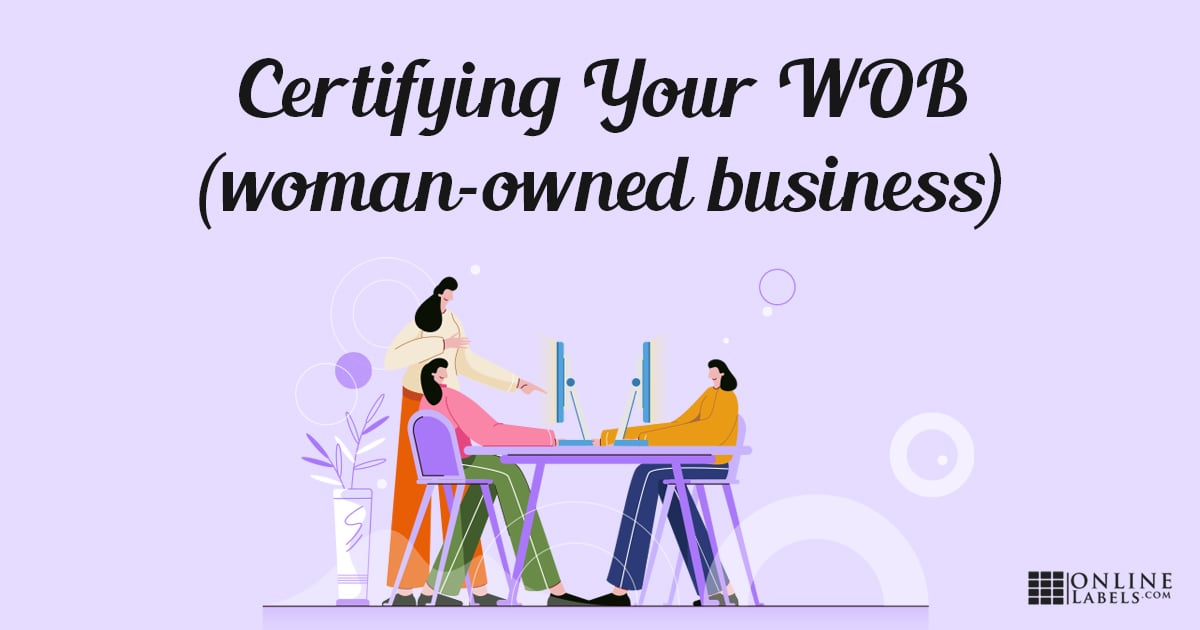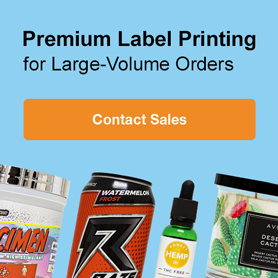How To Become A Certified Woman-Owned Business

Certain certifications can help your business "cut through the clutter" and stand out from the competition. The related programs can offer perks for specific types of businesses, and you may be unaware that your business qualifies.
If you're a female who owns a business (either solely or as a majority owner), it could benefit you to learn about the many certifications available. This article will cover the certifications available to women-owned businesses, what it takes to qualify, how to apply, and why it's worth your time.
We also have articles for Veteran-owned businesses and Black/minority-owned businesses.
Woman-Owned Certification Benefits

Certifications offer a variety of benefits from prospecting to maintaining clients. Many corporations and government agencies have "supplier diversity goals" that can tip the scales in your favor. These organizations are typically looking to do business with minority-owned companies in order to diversify their supplier list.
In 2017, Walmart, The Coca-Cola Company, and seven other corporations joined together to track and report sourcing from women-owned businesses. This movement raised awareness on the importance of sourcing from women-owned businesses and helped shine a light on supplier diversity.
There is also opportunity at the federal level. The government has a goal of awarding 5% of the value of all of its contracts to women-owned companies, and similar goals have spread to state and local governments. But businesses must be certified to qualify.
Additionally, having the "women-owned" logo on products has shown to boost sales for some manufacturers and corporate retailers. Research conducted by the Women's Business Enterprise National Council also found that 90% of female consumers would go out of their way to purchase products from women-owned businesses.
These certifications can help you in more ways than one. From building your unique selling proposition to qualifying for awards and jobs, the badge is worth the work.
What constitutes a woman-owned business?
The federal government defines a woman-owned business as:
- At least 51% owned by one or more women, or for publicly traded companies, at least 51% of the stock is owned by one or more women.
- Day-to-day management and business operations must be controlled by one or more women.
To qualify as a woman-owned small business, the company must:
- Be in accordance with SBA's size standards for its industry.
- The female majority owner must be a U.S. citizen and the business must be primarily based in the U.S. or its territories.
What are my certification options?

Three certifications are available for women-owned businesses: Women-Owned Small Businesses (WOSB), Economically Disadvantaged Women-Owned Small Businesses (EDWOSB), and Women Business Enterprise (WBE).
Typically, the Women Business Enterprise designation is accepted by most private companies and some municipalities, while the Women-Owned Small Business and Economically Disadvantaged designations are required to participate in federal programs. You should check directly with the organizations you're looking to work with to see what their requirements are.
You can hold both a WOSB and WBE certification, but whether you want to go through both processes depends on how you would like to use the certifications. For example, some government agencies will accept a WBE certification but if your goal is to work with your state, city, or local agencies, you may need a WOSB certificate.
How do I apply?

The steps vary by organization. Continue reading to understand the process for each.
Women-Owned Small Business (WOSB) or Economically Disadvantaged Women-Owned Small Businesses (EDWOSB)
Prior to October 2020, businesses could self-certify as women-owned. Moving forward, certification must be through the Small Business Association (SBA) itself or one of four SBA-approved organizations:
- Women's Business Enterprise National Council
- U.S. Women's Chamber of Commerce
- National Women Business Owners Corporation
- Your local Hispanic Chamber of Commerce
To be recognized as economically disadvantaged or enterprise, there are additional requirements needed. Application fees range from $275 to $400, and if you qualify, you'll need to be re-certified every year.
Women Business Enterprise (WBE)
When it comes to private sector corporations that are looking to connect and work with women-owned businesses, there are three options for certification:
- Women's Business Enterprise National Council (WBENC)
- National Women Business Owners Corporation (NWBOC)
- Hispanic Chamber of Commerce
If you're unsure which organization to get certified through, check their websites to see if which benefits appeal to your business or type of company. One may have more corporate members that you're interested in working with than the other, for example.
If there's no clear difference in benefits to you, see if they charge different application fees or offer different types of help with the application process.
Depending on which organization you go with, site visits may be required before you can be approved.
Certification requires a bit of time and effort, but it's worth it. Explore the resources linked throughout this article to determine which certification is best. Whichever option you choose, you'll find the process opens new and exciting doors for your business.
Are you looking for additional resources? Explore more small business benefits or browse all of our articles and tutorials for budding entrepreneurs like yourself.


